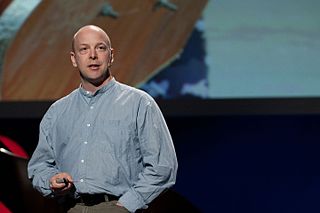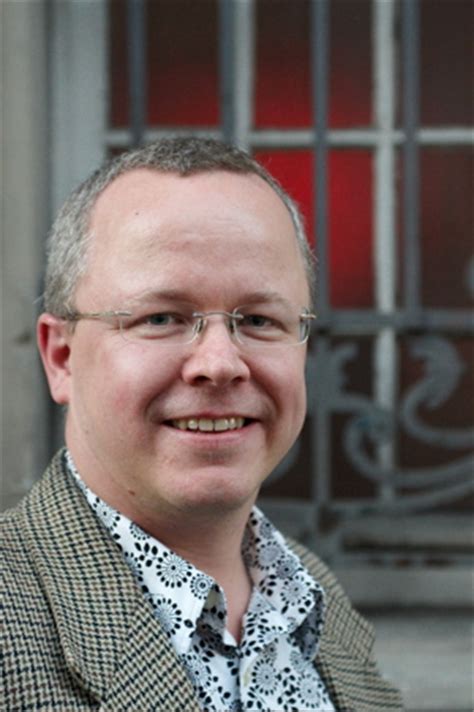A Quote by Maurice Sendak
Certainly we want to protect our children from new and painful experiences that are beyond their emotional comprehension and that intensify anxiety; and to a point we can prevent premature exposure to such experiences.
Related Quotes
Most people who have grown up introverted in this very extroverted culture of ours have had painful experiences of feeling like they are out of step with what's expected of them. Parenting can pose unique challenges for introverted parents, who fear that their own painful experiences will be repeated in their children's lives.
You don't know the things in your childhood that influence you. You can't possibly know them. People today try to analyze the early environment and the reasons for something that happened, but if you look at children of the same family -- children who have identical parents, go to identical schools, have an almost identical upbringing, and yet who have totally different experiences and neuroses -- you realize that what influences the children is not so much the obvious externals as their emotional experiences. Of course any psychiatrist knows that.
We don't seek the painful experiences that hew our identities, but we seek our identities in the wake of painful experiences. We cannot bear a pointless torment, but we can endure great pain if we believe that it's purposeful. Ease makes less of an impression on us than struggle. We could have been ourselves without our delights, but not without the misfortunes that drive our search for meaning. 'Therefore, I take pleasure in infirmities,' St. Paul wrote in Second Corinthians, 'for when I am weak, then I am strong.'
I have been shaped by the experiences of the people who are closest to me, by the things I've learned from [my wife] Martha, by my hopes and my concerns for my children, Philip and Laura, by the experiences of members of my family, who are getting older, by my sister's experiences as a trial lawyer in a profession that has traditionally been dominated by men.
Our behaviour as an athlete is often determined by our previous experiences and how we dealt with those experiences. It is these experiences from past performances that can often shape what will happen in the future. It is for this reason that you learn and move on to be more mentally stronger as both an athlete and as a human!






































